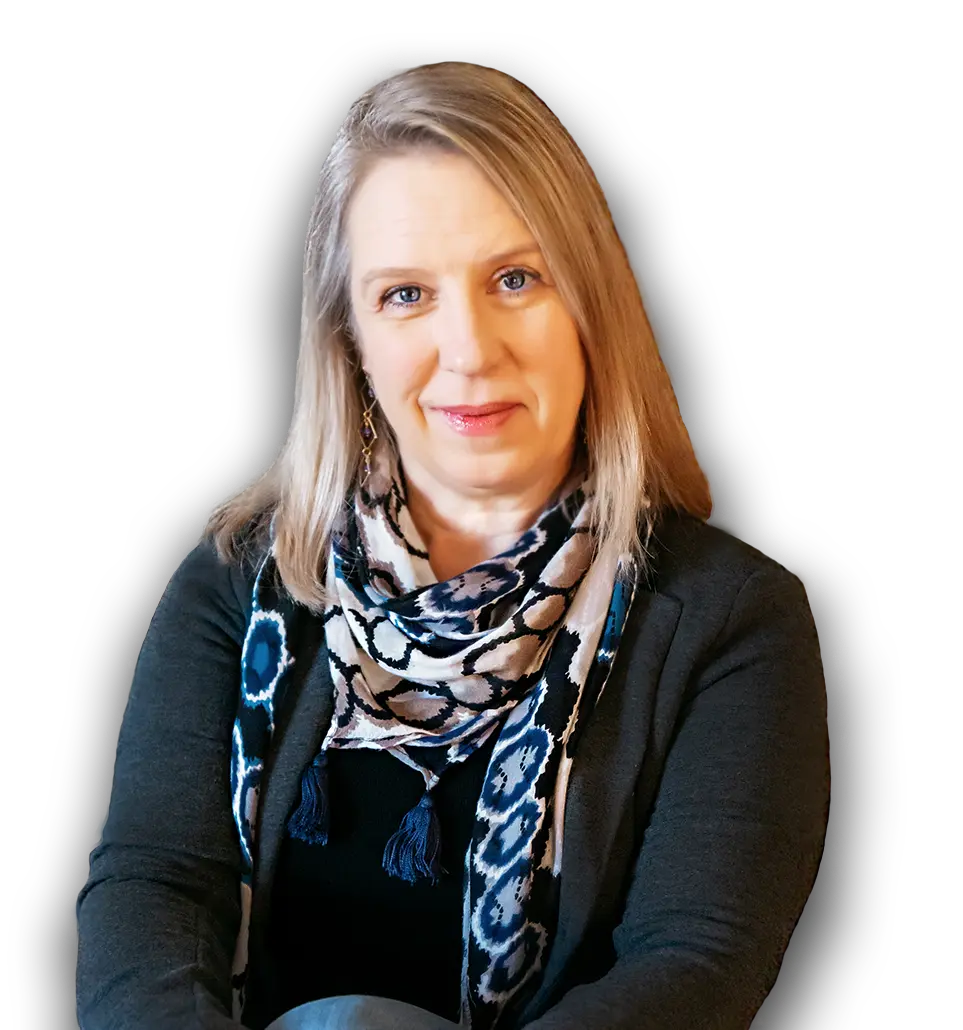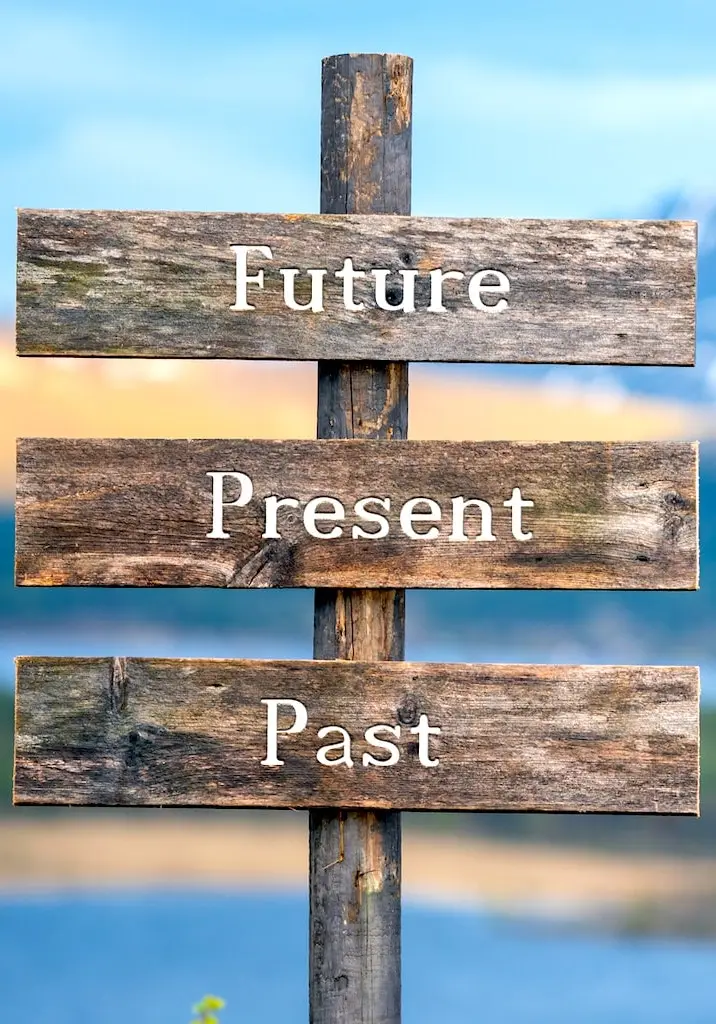Are you ready to step into your power — fully, authentically, and unapologetically — so that you can create the fulfillment and success you desire?


Is it time to break through your inner glass ceiling and be unapologetically you!
Sometimes we, as women, don’t even realize the unconscious programming in the back of our minds. Sometimes, we know that what is holding us back is inside of ourselves but we are not sure what to do with it. We might think things like: you’re not good enough, you don’t matter, you’re a bad mom, a bad partner, you don’t have what it takes, you can’t be both a successful leader and a great parent. This messaging has been fed to us since the beginning of time and can hold us back in so many ways.
To create change we need to work on challenging the societal paradigm and, possibly more importantly, we also need to challenge the limiting beliefs we carry within us. How are we holding these biases against ourselves? (the inner glass ceiling)
It is in this awareness that we can finally then bust through our blocks and fully own our power.
As someone who has spent most of my working life in a male-dominated environment, I have experienced the external glass ceiling, and at one point I realized it existed most strongly within myself. Busting my own inner glass ceiling and goldmining my shadows has helped me live an empowered life and create work I love. Let me be your guide.
